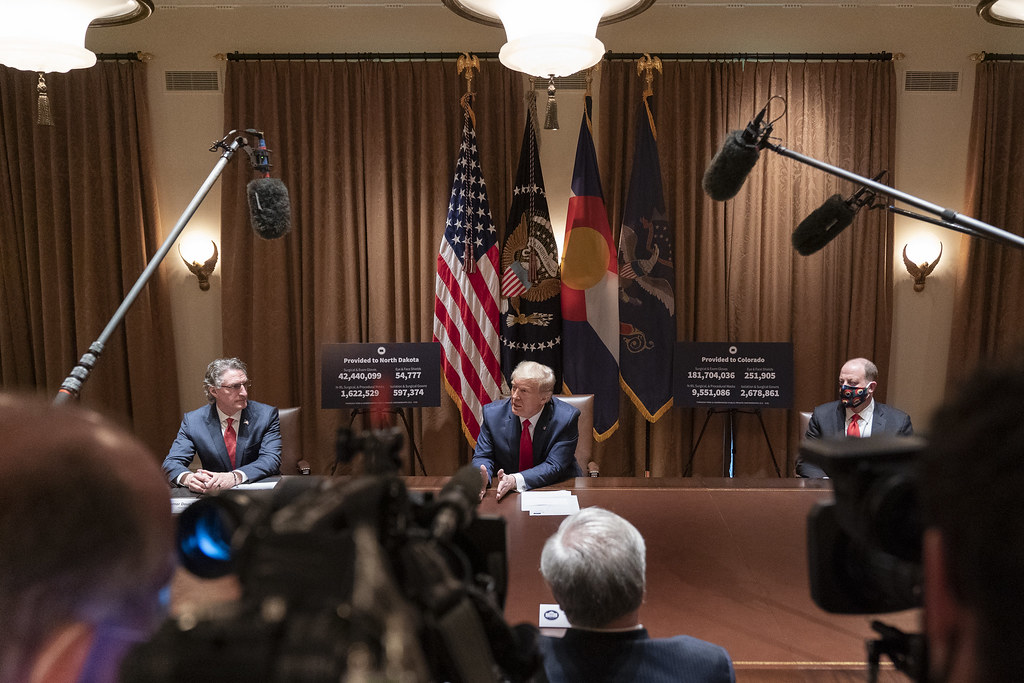-

The Role of Federal Courts in Coronavirus-Related Immigration Detention Litigation
As the pandemic goes on, lawsuits in federal courts have proliferated across the country challenging the inadequate response of Immigration and Customs Enforcement (ICE) to the spread of the coronavirus. -

The U.S. Should Communicate in the Jus ad Bellum Lexicon to Strengthen Its Deterrence Posturing
Strategic messages that incorporate credible threats under jus ad bellum are often the best option to enhance deterrence signaling. -

Why Was Tear Gas Used to Quell American Protests?
Most governments consider tear gas a weapon of war yet routinely use it against their own populations during periods of internal unrest. The history is complicated. -

We Filed Suit Over Trump’s Missing War Powers Report
The president has a legal obligation to file a report with Congress on legal authorities connected to ongoing U.S. military operations. He has shirked that duty. -

The Rules of Engagement Are the Wrong Lexicon for Deterrence Signaling
The better approach for the U.S. is to use the lexicon of jus ad bellum in public messaging. -

Cybersecurity Lessons From the Pandemic, or Pandemic Lessons From Cybersecurity
The Cyber Solarium Commission’s new white paper explores what the coronavirus can teach us about how to prepare for a major cyber attack. But it also highlights cybersecurity principles that would have b... -

Congress Should Investigate the Trump Administration’s Coronavirus Response
The administration’s floundering response to the pandemic, along with its efforts to limit oversight through existing mechanisms, provides ample evidence of the need for a congressional probe. -

What Hard National Security Choices Would a Biden Administration Face?
If Joe Biden wins the November election, Americans will likely see a reversion to a more traditional approach to the presidency. What might that mean in the field of U.S. national security? -

The Deterrent Threat of a Vetoed War Powers Resolution
While President Trump can decide whether to use force against Iran, Congress has taken steps that may make him unwilling to do so. -

Developing Coronavirus Vaccines and Treatments Cooperatively and Not Competitively
The FBI and CISA are worried about intellectual property theft of coronavirus vaccines and treatments. But to develop cures quickly, the scientific community needs to think cooperatively. -

No One Should Have the Right to Opt Out of Coronavirus Surveillance
If Congress is serious about bending the curve, it shouldn’t allow people to opt out of effective disease-surveillance programs. -

How Has Russia Responded to COVID-19?
Russia initially seemed largely unscathed by the pandemic. But the virus has since arrived in full force. How has the country responded?
The upcoming main navigation can be gotten through utilizing the tab key. Any buttons that open a sub navigation can be triggered by the space or enter key.
















